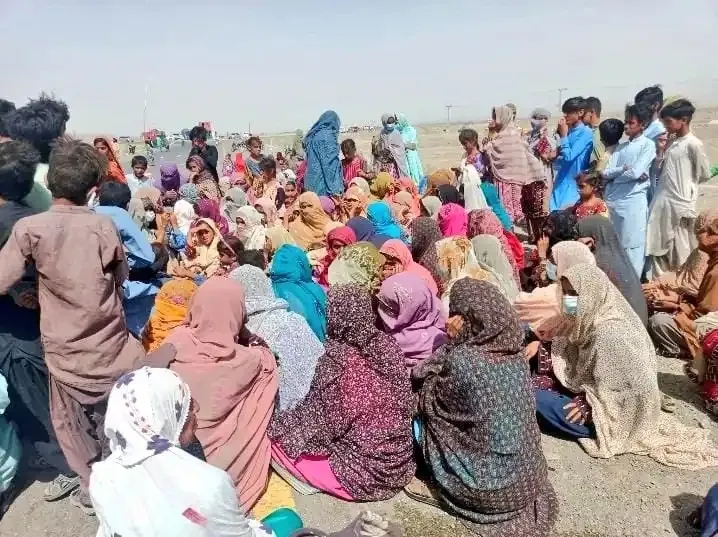Does Pakistan Require Stronger Laws to Combat Rising Gender-Based Violence?

Synopsis
Key Takeaways
- Pakistan needs a thorough reevaluation of its legal framework concerning women.
- Section 354-A has been amended, removing the death penalty.
- The effectiveness of the law impacts societal perception and acceptance of violence.
- Victim support and judicial practices need urgent reform.
- Legal changes must be part of a broader strategy to combat gender-based violence.
Islamabad, Sep 10 (NationPress) Pakistan urgently needs a comprehensive reevaluation of the legal framework, especially concerning the treatment of women and the extent to which the state fulfills its obligations, as highlighted by a leading attorney in a prominent Pakistani newspaper on Wednesday, in relation to the recently revised Section 354-A.
The Senate of Pakistan made amendments in July to the Pakistan Penal Code, altering a previously robust law designed to safeguard women from violence in public. Previously, this section defined assaulting a woman, stripping her, and exposing her as a serious crime punishable by either death or life imprisonment, as detailed by Tahreema Afraz in her opinion piece for The News International.
With the changes introduced in the Criminal Law (Amendment) Act 2025, the death penalty has been eliminated. Now, the law prescribes life imprisonment or a maximum prison term of 25 years or less.
“The pressing inquiry for many is: will this amendment dilute an already fragile justice system for victims of gender-based violence in Pakistan? The significance of the death penalty in 354-A carried weight in a nation where convictions are rare, most investigations lack integrity, and victims often face threats and societal pressure even when the death penalty is not invoked,” the lawyer expressed.
While Section 354-A is not frequently invoked within the Pakistani Penal Code, it has played a crucial role in several landmark cases. The alarming statistics on violence against women in Pakistan underscore the gravity of the issue. “The perception of effectiveness, or the appearance of it, in the law is essential in such contexts. While legal deterrence may not completely prevent crime, it sets a moral boundary regarding what society is willing to tolerate,” noted Afraz.
“No equivalent improvements have been made in investigations, judicial practices, or victim support, nor have they accompanied the reform of 354-A following the removal of the death penalty. This raises concerns among many that the law has been weakened, as the state has not taken decisive steps to address the deeper, systemic issues surrounding gender-based violence. While the amendment may seem favorable to trade partners and international allies, it conveys a troubling message to victims who are already hesitant to come forward,” she added.
It's clear that amending a single aspect of the law without strengthening the broader legal framework is hardly a progressive step. Section 354-A previously sent a clear signal of zero tolerance toward public humiliation based on gender.
“Pakistan not only needs legislative amendments; it requires a thorough reassessment of legal application, the treatment of women within the legal framework, and the degree to which the state fulfills its responsibilities. Until this is addressed, discussions about Section 354-A will remain more personal than legal for countless women traversing the streets of this nation, hoping to avoid disgrace and assault,” concluded Tahreema Afraz in her piece for The News International.









